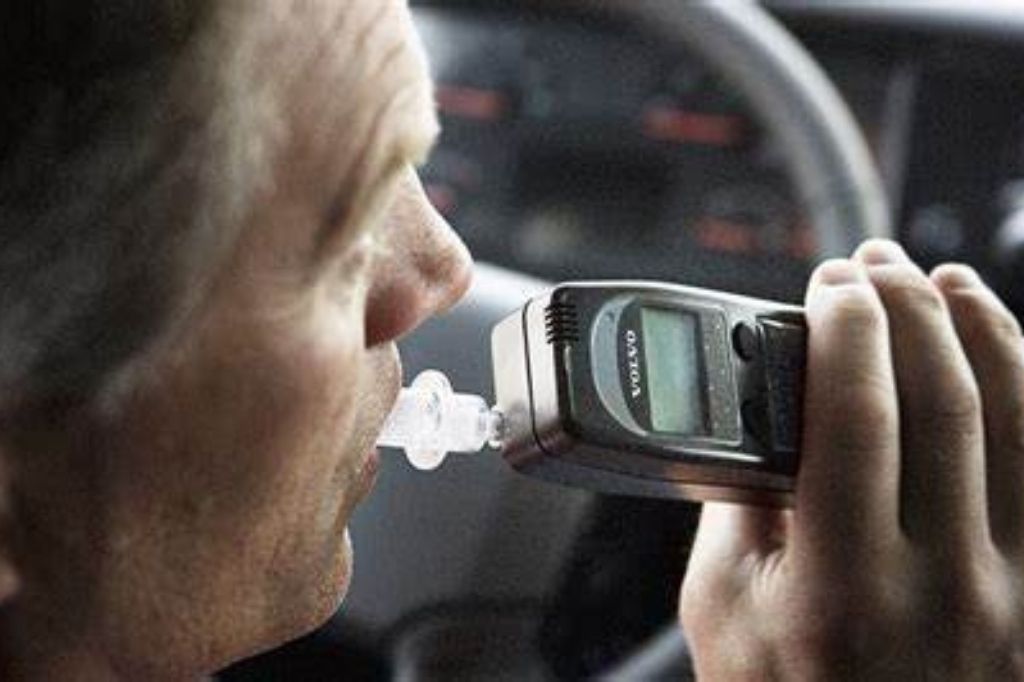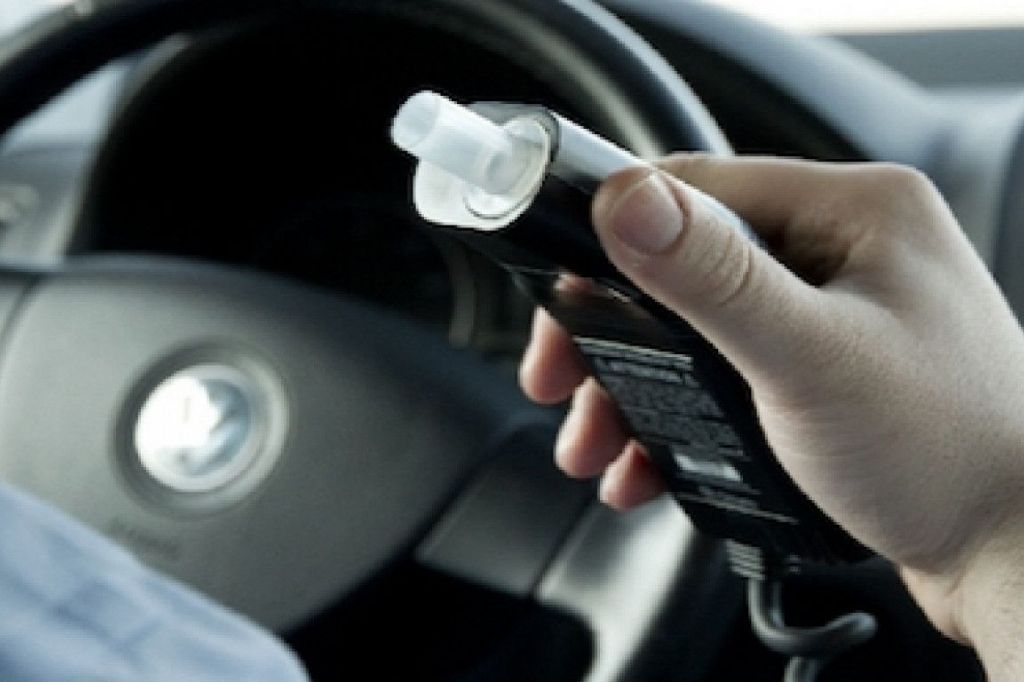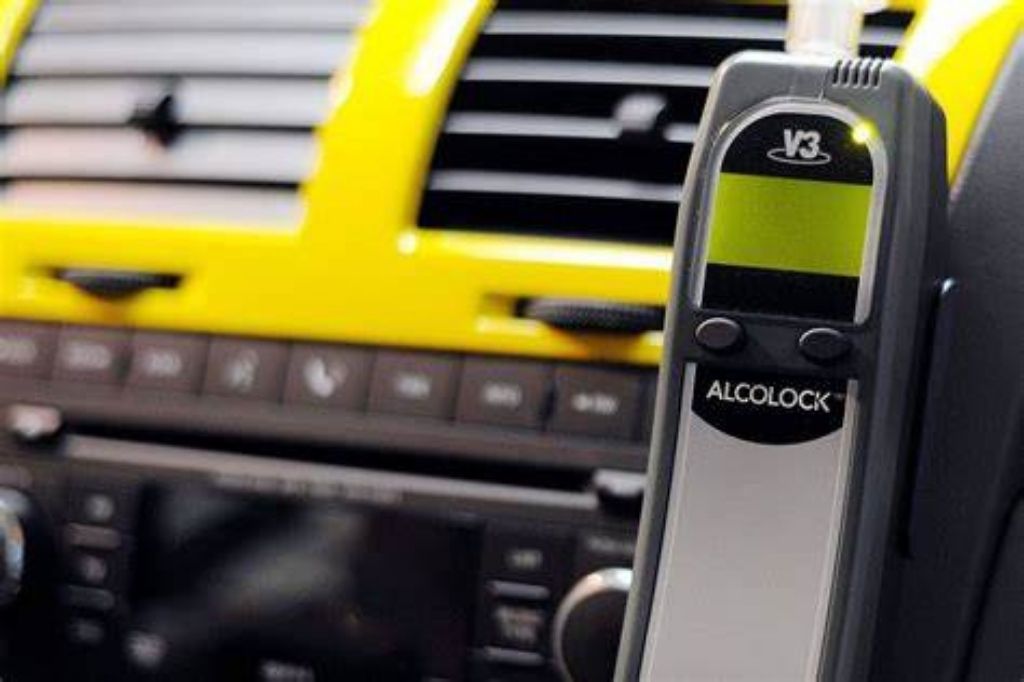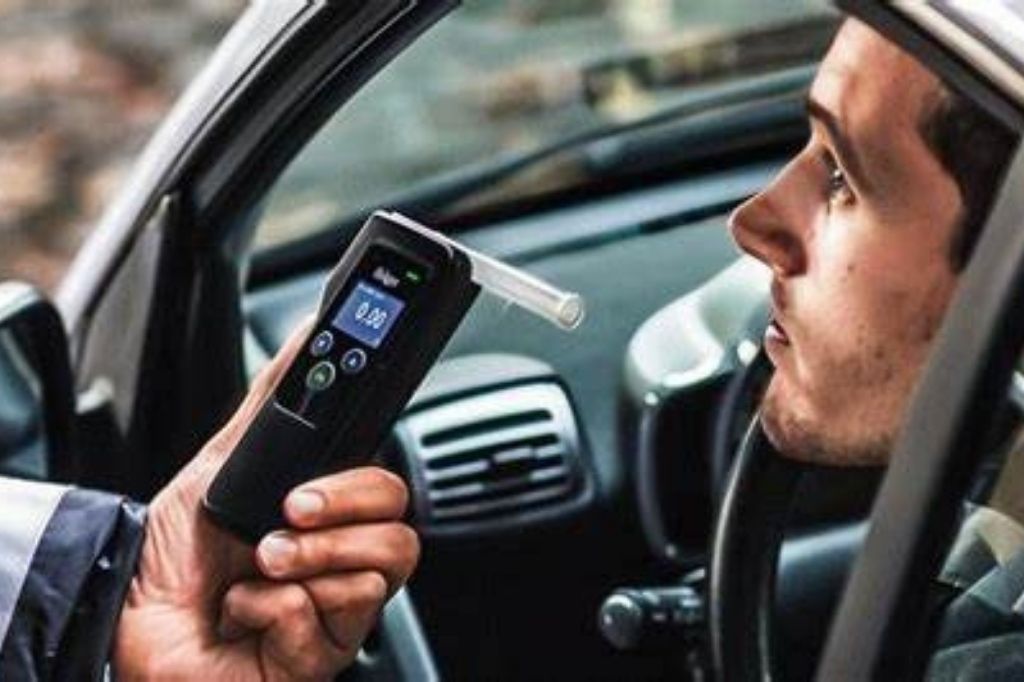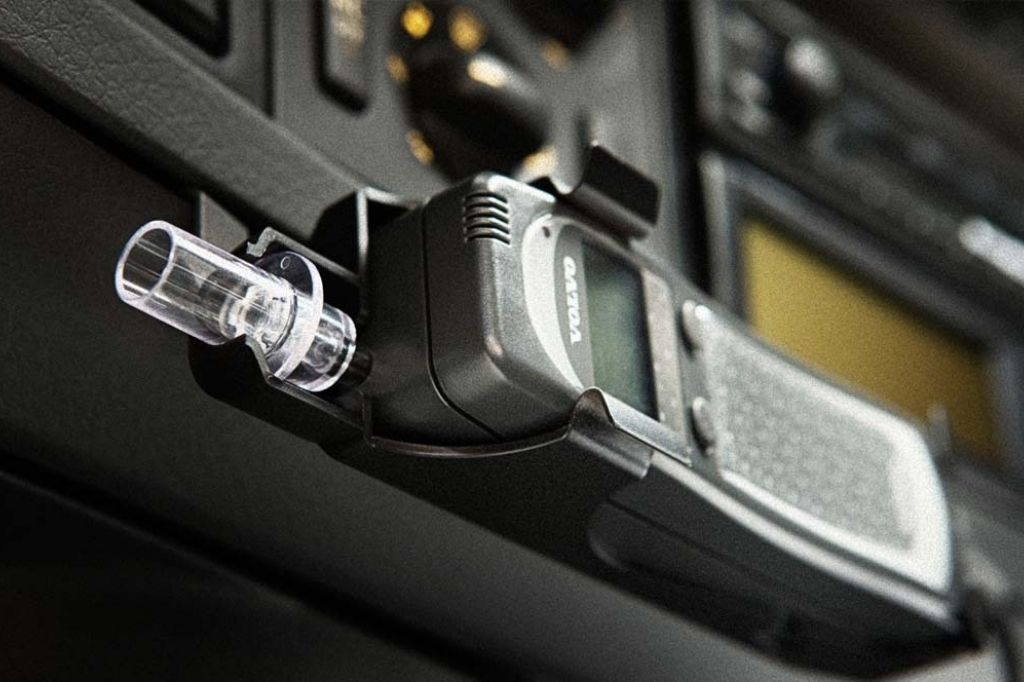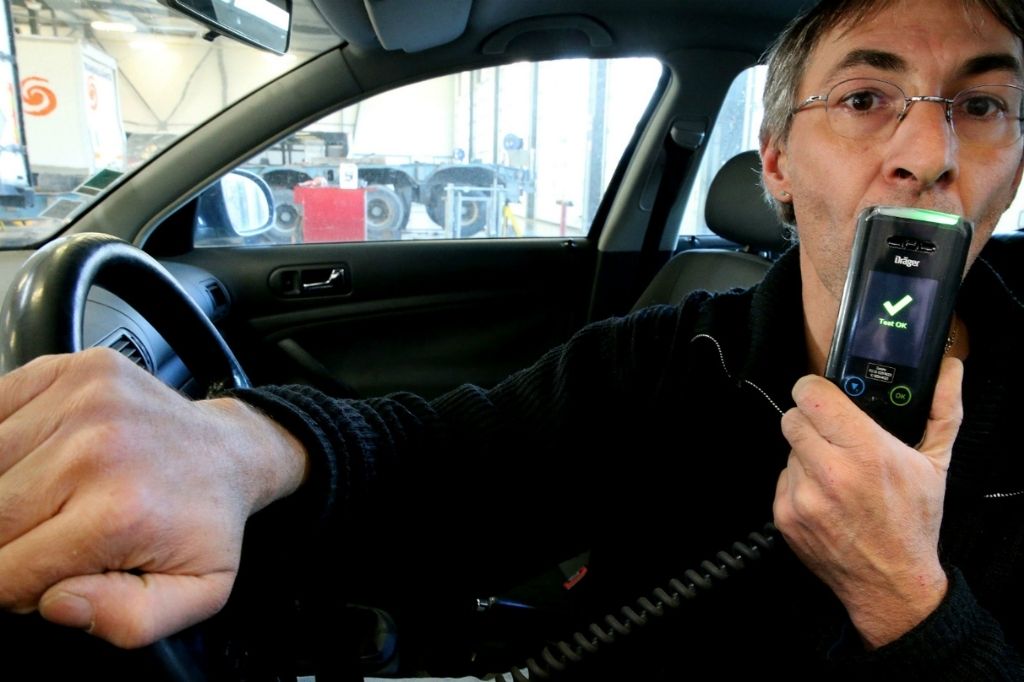You plan to leave early in the morning. You got in the car, turned the ignition and… suddenly a red light started flashing in front of you: “Alcolock Failed Breath Test.” The first reactions? Probably confusion and a little panic. At this point, knowing what to do about the alcolock failed breath test can be life-saving. So why does this situation happen? Did you blow wrong? Did alcohol really come out? Or is there a problem with the device? Here in this article we will look for the answer to all this. And yes, we’re going to spice this up with a funny story that happened to a friend of mine.
Alcolock: The Silent Guardian of Safe Driving
The Alcolock device is a system that measures the driver’s alcohol level before starting a vehicle. Think of it like this: a security shield. The purpose of the device is to prevent the driver from driving under the influence of alcohol and thus protect both his own life and the life of others. But understanding the technique of the work is important to cope with it.
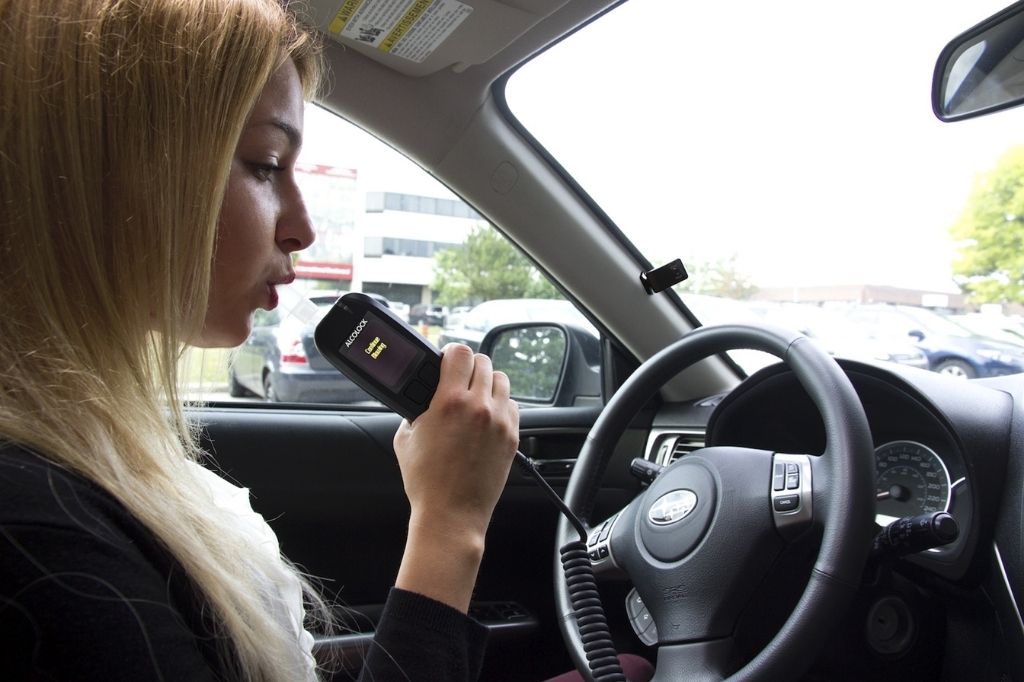
Basically, the device analyzes the air blown by the driver. If you are over the prescribed alcohol limit, the vehicle will not start. But sometimes things are not so simple. For example, a friend of mine could not pass the device when he took the test after using mouthwash. “But I didn’t drink anything!” he had left the vehicle in a confused state. It turned out that the problem was caused by the alcohol content in the mouthwash he used. So, not only alcohol consumption, other factors can also affect this test.
The device usually becomes mandatory as a result of court decisions, but there are also those who prefer it individually to acquire safe driving habits. The principle of operation is simple: breathe correctly, get the result. But sometimes, everything may not be so clear.
Why Might the Test Fail?
There may be more than one reason why you cannot pass the test of the Alcolock device. The first thing that comes to mind, of course, is alcohol consumption. But the story does not end here. Imagine a scenario in which you have never consumed alcohol but failed the test. That’s where other factors come into play.
For example, certain foods and drinks may cause you to get stuck on the test without realizing it. Did you eat an alcoholic dessert? Or did you drink a fermented drink? Did you even drink orange juice for breakfast this morning? All of these can cause the device to give an incorrect reading. Once, I got stuck on a test just because I ate a fermented yogurt. The result: My car didn’t start and I had to walk to work.
In addition, technical problems of the device may also be the cause of failure. If the device is not calibrated properly or its sensors are contaminated, such errors are inevitable. Calibration errors can greatly affect the test results. Therefore, it is very important to have regular maintenance of the device.
What Should You Do If You Didn’t Pass the Test?
If you have failed the test, first of all, stay calm. Because panic will not fix the situation. The first step should be to try the test again. But this time, make sure whether the mouthwash or some other factor affects the test. After waiting for a few minutes, try the device again.
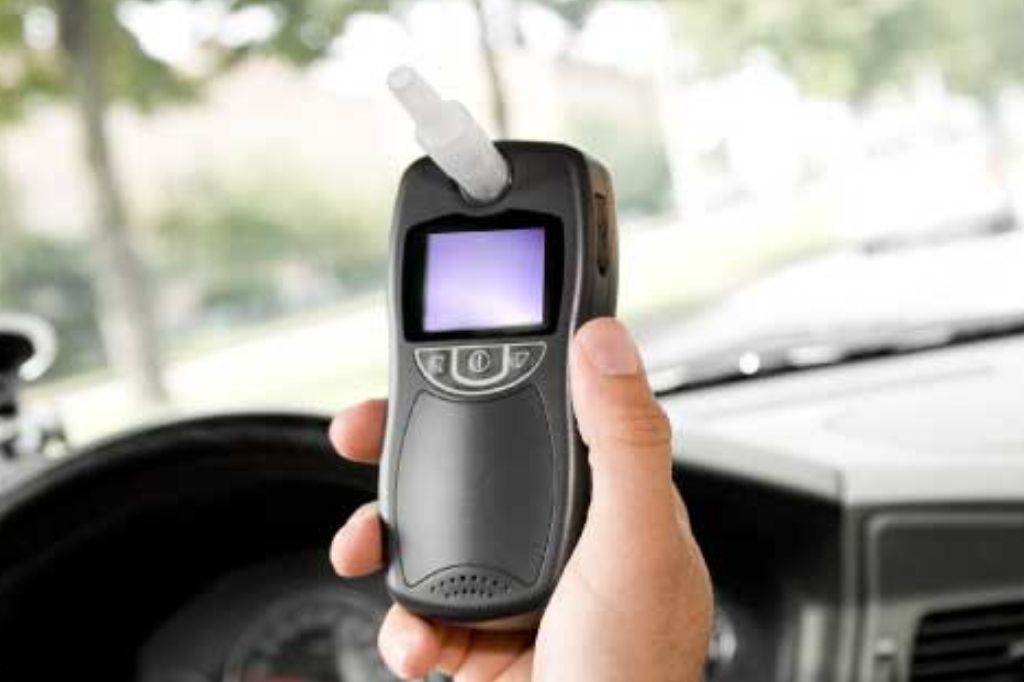
If the problem still persists, it may be a good idea to look at the device’s instruction manual. Maybe there is accumulated dirt on the sensors or the device is not working correctly. Getting technical support would be a logical step at this point. Most devices come with maintenance and support services offered by the manufacturer. Take advantage of these opportunities.
Also, if this device is being used due to a court order, notify the authorities immediately. Being honest is one of the most important factors in this process. If you encounter incorrect results, informing the authorities will both prevent legal problems and speed up the solution of the problem.
Ways to Avoid Incorrect Results
You can take several precautions to ensure that the test does not give incorrect results. First of all, stay away from alcohol-based products. For example, mouthwashes or breath fresheners may contain alcohol and cause you to get stuck on the test. Similarly, fermented foods and drinks can also pose a risk.
Make sure that you regularly maintain the device. A device that has not been calibrated properly may give incorrect results. Also, do not neglect the cleaning of the device. Dirt on the sensors can affect the accuracy of the test.
It is also important to use the correct breathing technique during the test. The device usually requires a long and steady breath. Blowing hastily or exhaling short breaths may prevent the device from taking accurate measurements. Remember, the correct technique means the correct result.
Conscious Behavior and Safe Driving
the alcolock failed breath test status may seem confusing or depressing at first. However, when faced with such situations, it is important to stay calm and take the right steps. There may be many reasons why the test may fail; factors other than alcohol may also be involved.
Regular maintenance of your device, being careful during the test and avoiding alcohol consumption reduce the likelihood of encountering such problems. If you can’t pass the test, try to understand the situation and solve the problem by taking the necessary steps. Safe driving depends not only on the devices, but also on the conscious behavior of the driver.
Remember, alcolock devices are only a precautionary mechanism. Real security comes from acting responsibly. Always be careful to protect both yourself and other drivers. This will ensure a safer experience for everyone on the roads.

